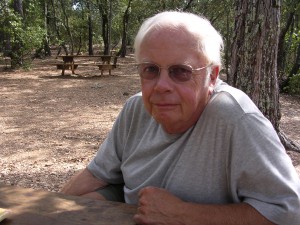On the occasion of a recent birthday, as I was expressing concern about my advancement in years, a friend declared: “David, don’t fret about your age, the best is yet to come. These are the years when we’re called to sing our true songs.”
Puzzled, I asked what he meant. My friend, then fifteen years my senior, went on to explain: “During our earlier years, we may not be involved in an occupation that is connected to our deepest heart, or one that is related to our most fundamental life interests. Due to a wide range of circumstances in our midlife, we may simply be engaged in earning a living, not living out our true calling. Now, however, in our elder years, we are truly able to just be ourselves. Hopefully, with a little more distance from the constant need to earn as much money, we can be much, much closer to our true identity.”
My initial take on my friend’s point of view was a cautious acceptance and tentative agreement. Of course, I thought, once we’re into our seventies and hopefully no longer needing to scramble for success or financially provide for family, we can more freely be our true selves. We might be more precisely who we were always meant to be. Role and soul are reunited and realigned. The idea made sense to me.
However, with the passage of time, I’ve become more cautious and uncertain about my friend’s “true songs claim.” I’m now wondering: why is authenticity thought to be reserved only for the elders among us? Aren’t we always invited to be our true selves – even when pressed by external conditions and societal demands? Isn’t true identity seen in some of us regardless of our age? My friend’s claim makes less sense now.
No matter your age, how are you trying to bring your authentic self
to your roles and relationships?

